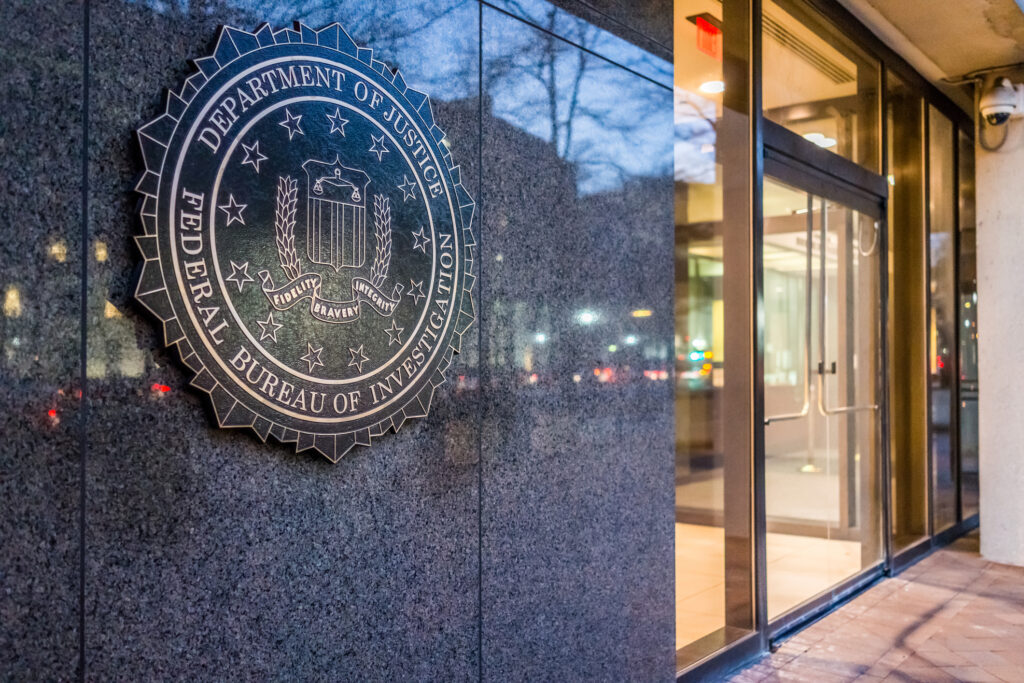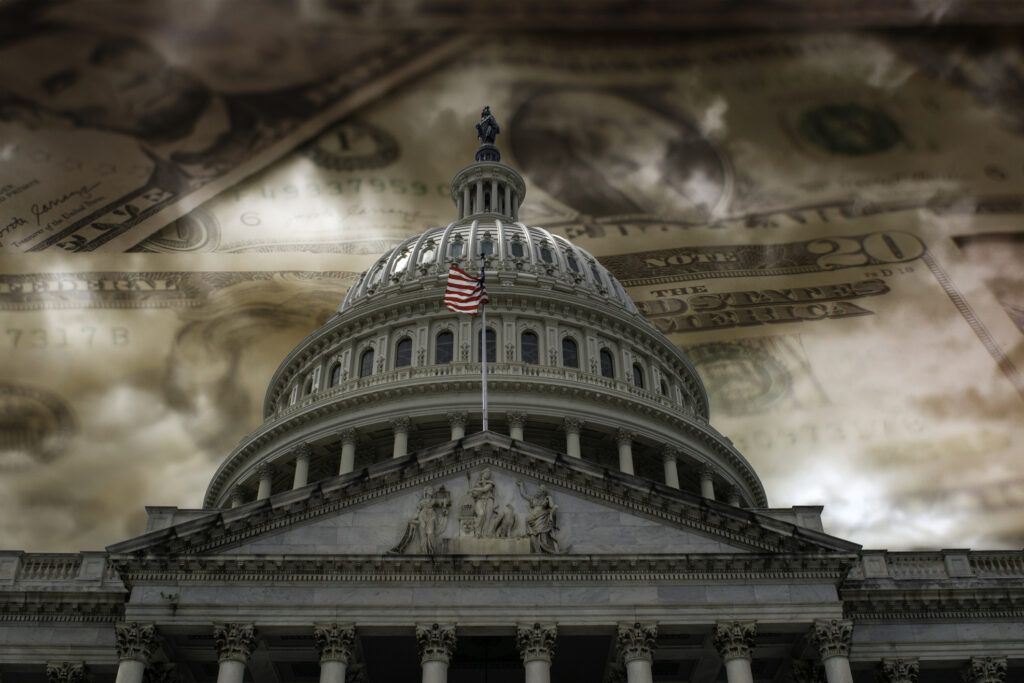Asbestos: Stampeding to the Exits
In late September, all but two dozen of the 250 companies being sued in an 8,000-plaintiff asbestos trial in West Virginia settled out of court. The companies, led by Honeywell, had tried without success to convince the U.S. Supreme Court to intervene. Rather than “bet the company” on the outcome of a jury trial, they beat a hasty retreat, leaving behind perhaps as much as $3 billion for the plaintiffs and their lawyers. There may be several lessons here, but one message is clear: Asbestos litigation has become a free lunch for the plaintiffs’ bar and there is no sign the feeding frenzy will end soon. From The New York Times, The Washington Post
The Few, the Proud, the Defendants
A handful of companies targeted by the West Virginia asbestos lawsuit has decided, at least for now, to duke it out with the plaintiffs’ bar in Charleston. These include ExxonMobil and Dow Chemical, which is involved through its Union Carbide subsidiary. Whether they will fight to the bitter end or cave in to the potentially crushing financial burden of a negative jury decision remains to be seen. We hope they fight.
Golfers for Social Justice
The mammoth tobacco settlement continues to disprove the notion that class-action lawsuits bring about social justice in areas where elected officials fail to act. Miami Herald humor columnist Dave Barry recently called North Carolina’s decision to spent 73 percent of the money it has received thus far on helping state farmers grow and market more tobacco “like using War on Terrorism funds to buy flying lessons for al Qaeda.” Every state is using settlement money on things smokers may never use. Barry reports “officials of Niagara County, New York, spent $700,000 of their anti-tobacco money to buy a sprinkler system for a golf course.” Social justice sure works in mysterious ways.
Read My Lips, No Contingency Fees
Following the terrorist attacks of September 11, the Association of Trial Lawyers of America sent a letter to Congress saying 100 percent of the money from the Victim Compensation Fund should go directly to families and none to lawyers. It also announced it would set up a pro bono foundation called Trial Lawyers Care to help families prepare the necessary paperwork to receive compensation from the fund. However, when a bill was introduced in the U.S. Senate saying no money from the fund could go to victims’ lawyers, plaintiffs’ lawyers balked, saying Congress had no right to codify their voluntary action. Senator Charles Schumer of New York is reportedly preparing a compromise that would cap lawyer contingency fees from the fund at 8-12 percent instead of the usual 30-40 percent trial lawyers demand. From The New York Sun
Courtroom Victory Too Late to Save Norplant
In the mid-1990s, at the height of the silicone breast implant litigation, plaintiffs’ attorneys honed in on Norplant, a long-term contraceptive implant encased in silicone. More than 50,000 suits were filed claiming, in addition to the side effects admitted by the manufactur-er, more than 950 “exotic conditions.” The manufacturer settled out of court with most of the women for approximately $1,500 a case, and in September a federal judge in Texas threw out essentially all the remaining cases, saying “Plaintiffs have not produced a shred of evidence or expert testimony that supports an association between Norplant and any of the exotic conditions.” Happy ending? Not really. Norplant was withdrawn from the market in July. From Texas Lawyer
Something in Wyoming’s Water
A few issues ago (Vol. 1 #8, “Udder Madness”) we reported on a Wyoming Supreme Court ruling that pinned the blame on driver #2 of a three-car accident that killed two people while exonerating the owner of a meandering cow that caused the accident. Well, they’ve done it again. This time the court ruled an employee who attempted to commit suicide by shooting himself in the stomach because he was depressed over a work-related injury was entitled to collect workman’s compensation for the botched suicide. From Brierley v. State of Wyoming as reported in Overlawyered.com
Jihad for Public Health
Public health advocates play an important role in our society, but sometimes they get an inflated sense of self-importance and authority, taking on the persona of national nannies. When this happens, their rhetoric can find its way into class-action lawsuits threatening our civil and economic liberties. We recently came across the following riff in a report titled “Substance Abuse: The Nation’s Number One Health Problem,” prepared by the Institute for Health Policy at Brandeis University for the Robert Wood Johnson Foundation in the ’90s: “Cigarettes, alcohol abuse and the use of illicit drugs are responsible for destroying families, crippling U.S. businesses, terrorizing entire neighborhoods, and choking the education, criminal justice and social service systems.” Such hyperventilated rhetoric leaves little room for talk of freedom, justice, or even science and the effectiveness of public policies.
The Fungus Among Us Isn’t Toxic After All
“Toxic mold” health claims and lawsuits, which threaten to overwhelm Texas homeowner insurers and are spreading into other states, were found by the Texas Medical Association’s Council on Scientific Affairs to be without scientific merit. The Association’s report said mold can cause reactions in people with allergies and asthma, but there’s no evidence it causes other health problems or aggravates other existing health conditions. The U.S. Centers for Disease Control and EPA are in general agreement with the Texas docs. In the topsy-turvy world of class-action lawsuits, though, science hardly matters. From the Houston Chronicle
Published bi-weekly by The Heartland Institute, a nonprofit 501(c)3 organization founded in 1984. The full text of this two-page newsletter is also available in Adobe Acrobat’s PDF format; click here.
Publisher: Joseph L. Bast
Editors: Diane Carol Bast, Paul Fisher, Dan Hales
Information on lawsuit abuse can be found on these Web sites:
www.heartland.org
www.alec.org
www.atra.org
www.fed-soc.org
www.halt.org
www.manhattan-institute.org
www.overlawyered.com
www.wlf.org




